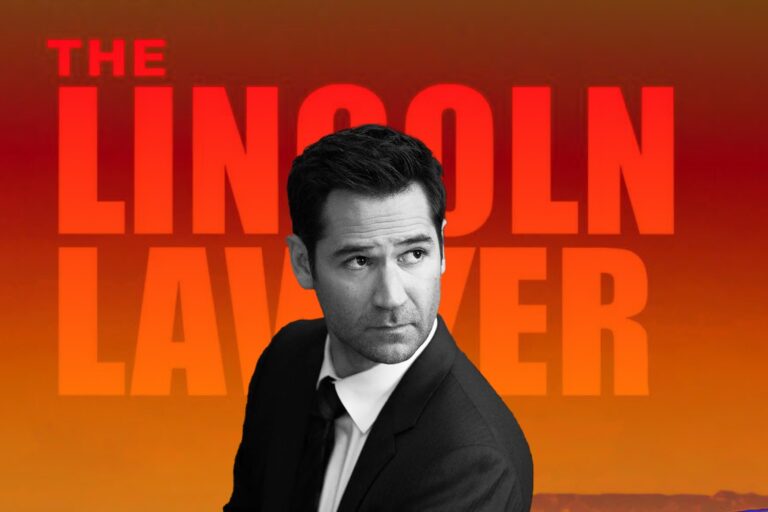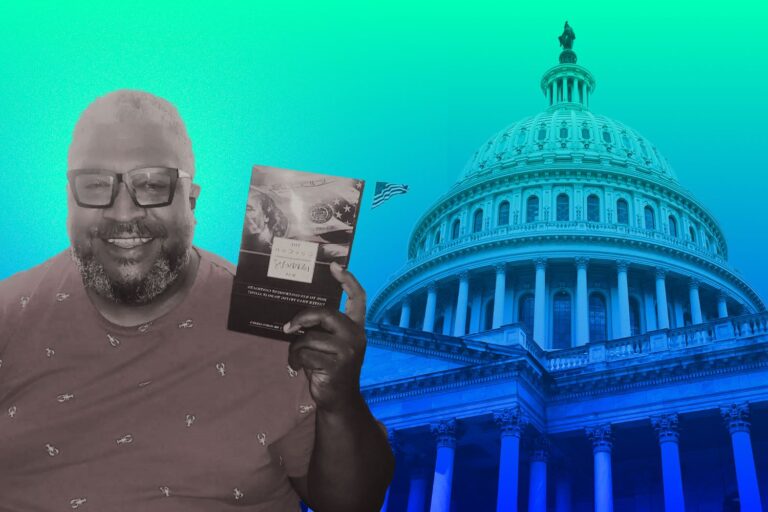Seattle’s Entrepreneurial DNA: How the City Has Forged a Unique Identity for Itself
Seattle is the hub for Pacific Northwest entrepreneurial innovation.
As you walk down the street, you’ll see Starbucks, a company founded here. Look up to the sky and you may notice a Boeing plane fly by — another company founded here. Even more interestingly, the heavy hitters like Microsoft and Amazon — also call it home.
So, it’s no wonder entrepreneurs are flocking to Seattle to find talent, inspiration and a vibrant startup community.
Seattle Startups Are Having a Moment
Venture capital (VC) investment exploded across a number of geographies in 2019 despite the constant threat of an economic downturn. And in the lovely Pacific Northwest, Seattle is experiencing an uptick in VC interest in what could be a sign the town is finally reaching its full potential.
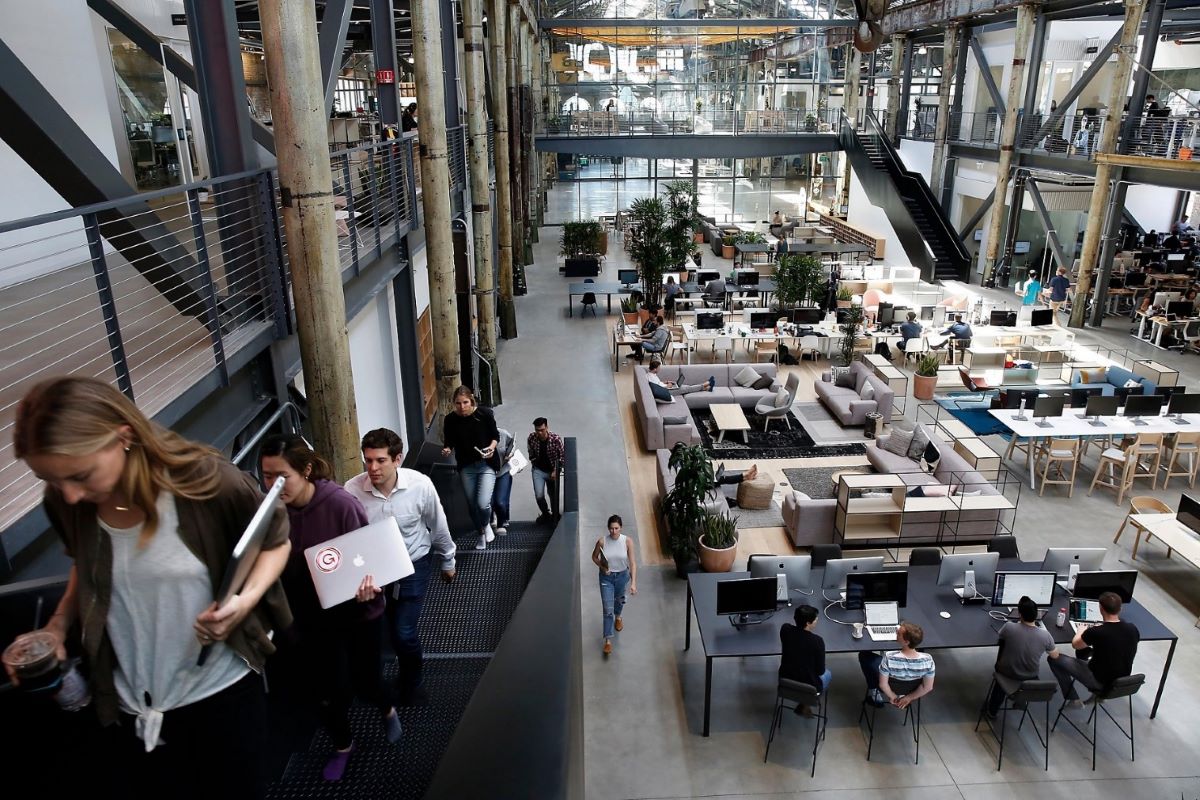
Seattle startups raised a total of $3.5 billion in VC funding across roughly 375 deals last year, according to data collected by PitchBook. That’s up from $3 billion in 2018 across 346 deals and a meager $1.7 billion in 2017 across 348 deals. Much of Seattle’s recent growth can be attributed to a few fast-growing businesses.
Convoy, the digital freight network that connects truckers with shippers, closed a $400 million round bringing its valuation to $2.75 billion. The deal was remarkable for a number of reasons. Firstly, it was the largest venture round for a Seattle-based company in a decade, PitchBook claims. And it pushed Convoy to the top of the list of the most valuable companies in the city.
Up-and-coming startups, including co-working space provider The Riveter, real estate business Modus and same-day delivery service Dolly, have recently attracted investment too.
In the Shadow of Amazon and Microsoft
A number of other factors have contributed to Seattle’s long-awaited rise in venture activity.
Large corporations such as Microsoft and Amazon support startups that promote their respective ecosystems. Amazon, for instance, has put money into Sensible Object to help it develop games that use the kind of voice artificial intelligence used by Alexa on its Echo product.
Top-performing companies like Stripe, Airbnb, and Dropbox have established engineering offices in Seattle, as has Uber, Twitter, Facebook, Disney, and many others. This, of course, has attracted copious engineers, a key ingredient to building a successful tech hub. Plus, the pipeline of engineers provided by the nearby University of Washington means there’s no shortage of brainiacs.
There’s long been plenty of smart people in Seattle, mostly working at Microsoft and Amazon, however. The issue has been a shortage of entrepreneurs, or those willing to exit a well-paying gig in favor of a risky venture. Fortunately for Seattle venture capitalists, new efforts have been made to entice corporate workers to the startup universe.
Pioneer Square Labsis a prime example of this movement. On a mission to champion Seattle’s unique entrepreneurial DNA, Pioneer Square Labs cropped up in 2015 to create, launch and fund technology companies headquartered in the Pacific Northwest.
Operating under the startup studio model, PSL’s team of former founders and venture capitalists, including Rover and Mighty AI founder Greg Gottesman, collaborate to craft and incubate startup ideas, then recruit a founding CEO from their network of entrepreneurs to lead the business.
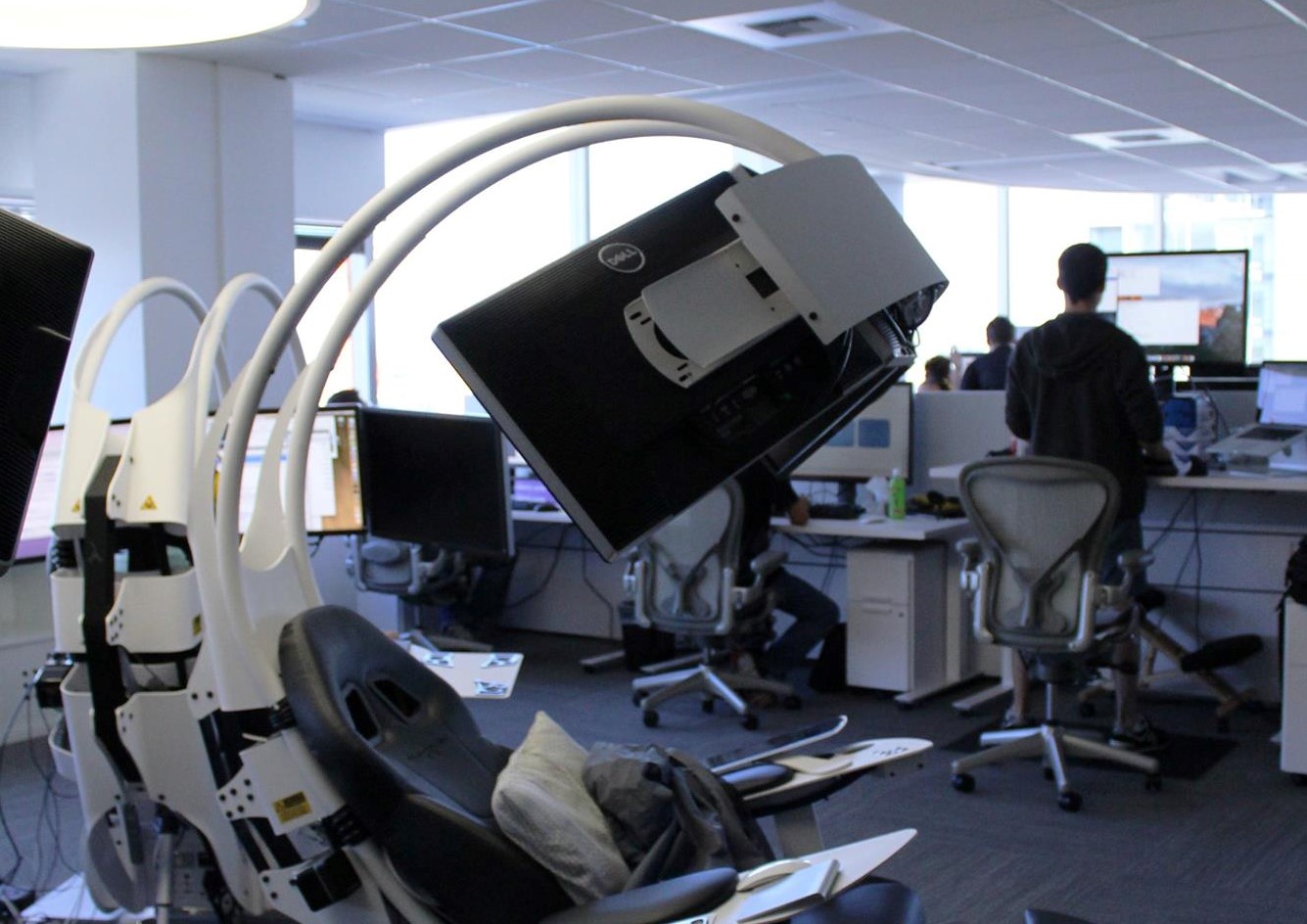
Seattle is home to two of the most valuable businesses in the world, but it has not created as many founders as anticipated. PSL hopes that by removing some of the risk, it can encourage prospective founders, like Boundless CEO Xiao Wang, a former senior product manager at Amazon, to build.
“The studio model lends itself really well to people who are 99% there, thinking ‘damn, I want to start a company,’” PSL co-founder Ben Gilbert said. “These are people that are incredible entrepreneurs but if not for the studio as a catalyst, they may not have left.”
Boundless is one of several successful PSL spinouts. The business, which helps families navigate the convoluted green card process, raised a $7.8 million Series A led by Foundry Group, with participation from existing investors Trilogy Equity Partners, PSL, Two Sigma Ventures and Founders’ Co-Op.
Years-old institutional funds like Seattle’s Madrona Venture Group have done their part to bolster the Seattle startup community too. Madrona raised a $100 million Acceleration Fund, and although it plans to look beyond its backyard for its newest deals, the firm continues to be one of the largest supporters of Pacific Northwest upstarts.
There’s a lot more to say about all this. Like the growing role of deep-pocketed angel investors in Seattle have in expanding the startup ecosystem, or the non-local investors, like Silicon Valley’s best, who’ve funneled cash into Seattle’s talent.
In short, Seattle deal activity is finally climbing thanks to top talent, new accelerator models and several refueled venture funds. Now we wait to see how the Seattle startup community leverages this growth period and what startups emerge on top.
Insiders’ View: What It’s Like to Be a Startup in Seattle?
It’s Collaborative, Not Competitive
Rutu Mulkar-Mehta, CEO of boutique AI consulting firm Ticary Solutions, summed up one of the most frequent praises about their views of Seattle’s startup ecosystem. They tend to love the open, approachable attitude here:
“I have discovered that the Seattle culture and community has a huge part to play in the startup scene. Most people in Seattle are open, friendly, non-threatening and approachable, this effectively bleeds into the startup community. Investors, CEO’s, and CTO’s make public appearances regularly in events and meetups, consequently being very approachable and easy to connect with. The startup scene is largely collaborative, rather than competitive, and at the same time, it is extremely diverse. I have lived in NY, Bay Area, San Diego and LA, and if I were to choose, there is no other place that is as non-threatening, diverse and advanced in technology as Seattle to start a startup!”
It’s Having a Moment
Sarah Adler, founder of Simply Real Health, started her company in Seattle in 2012 and is still located there. She highlights another benefit to the city:
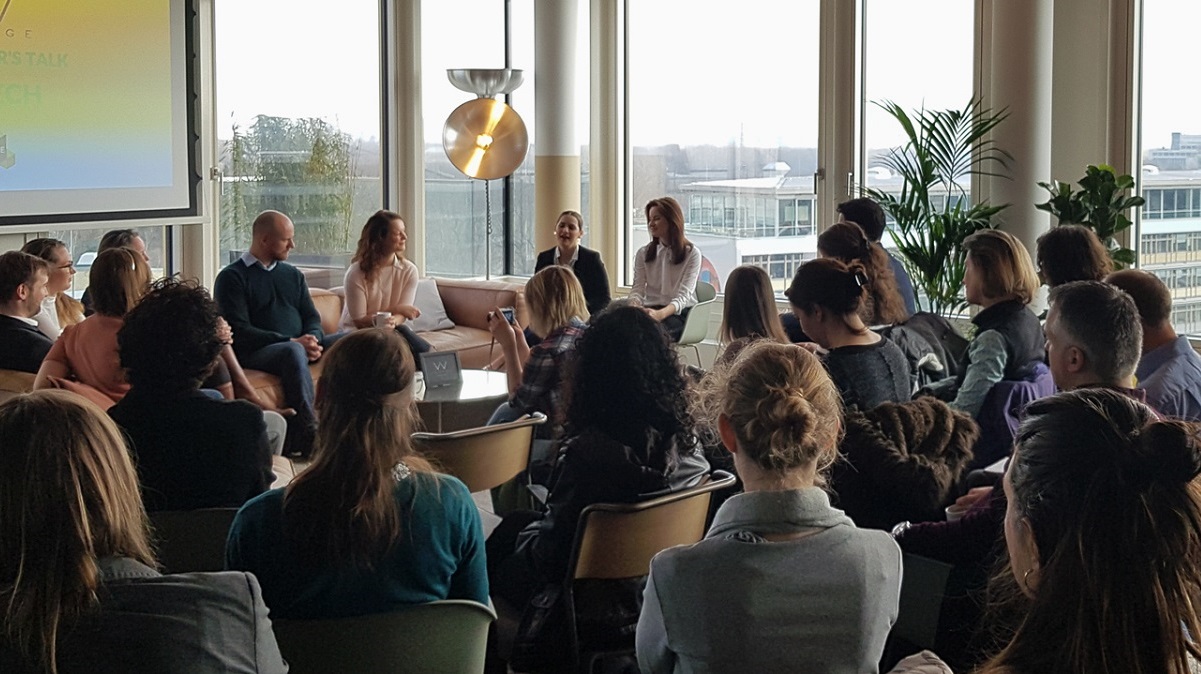
“Seattle is in this amazing, creative place right now. There’s so many more doers, makers, and shakers following their version of their dreams, than even four years ago — and you can feel it. The best part about it, is that unlike other cities that are much larger, Seattle has like this understated cool-kid vibe, with people so willing to help each other out, collaborate and support new ideas and businesses- no matter the category. The food scene, the tech scene, and the artist scene – they all intersect here. Which for anyone who owns their own business, it’s like a hidden gem. More of that, please!”
Yes, Sarah mentioned that well-loved collaboration again!
And Solid Infrastructure
It’s not just about the tax perks, though some entrepreneurs mentioned that, too. Here’s Robi Ganguly, co-founder and CEO of Apptentive:
“After living in San Francisco for eight years, I moved to Seattle to found our startup, Apptentive. There were several drivers of this: Seattle has a better cost of living, more favorable infrastructure (better public schools, more investment in public transit and density) and a history of doing rather than talking.”
Something that makes things go faster in Seattle is the large number of events and co-working spaces to get started from. It is not unusual to have months where there are more than 100 – and sometimes 200 – startup/entrepreneur-oriented events in the community, he says.
With more than 50 co-working spaces, there are many places to cross paths. To further the flow of talent into the space, in 2013 the then City of Seattle mayor Mike McGinn lent the weight of public support to this effort to rival other tech hubs when it comes to attracting (or better still, maintaining) such talent, which is crucial to a thriving startup hub.
This initially took the form of Startup Seattle, an initiative aimed at promoting the city’s attractiveness by highlighting its social and economic attributes to potential startup and innovators of the future.
One Big Weakness?
However, when it comes to a like-for-like comparison between Seattle and the more established US cities, the ready access to early-stage funding remains an issue.
Robb Monkman, founder and CEO of React Mobile, shared his experience of starting a company in Seattle. While Seattle gave Robb “amazing access to smart, talented people,” he still had one major problem:
“I think Seattle’s tech scene is as vibrant as ever, but to be perfectly honest, founding a startup in Seattle has been tough. Despite having proven products, growing sales, and reputable local area customers like Seattle University, Windermere Real Estate, Costco and others, attracting investment from the Seattle venture community has not been easy.
New entrepreneurs need to be careful about which angel groups they approach as many are not worth the time. While many angel groups offer entrepreneurs a great stage to practice their pitch and garner awareness, there are very few serious investors who attend these pitch events. Bottom line: Some angel groups (not all) have lots of tire kickers, egos and people selling you their professional services. Unless you are practicing your pitch, spend your time making real connections with serious investors who share your vision and believe what you believe.”
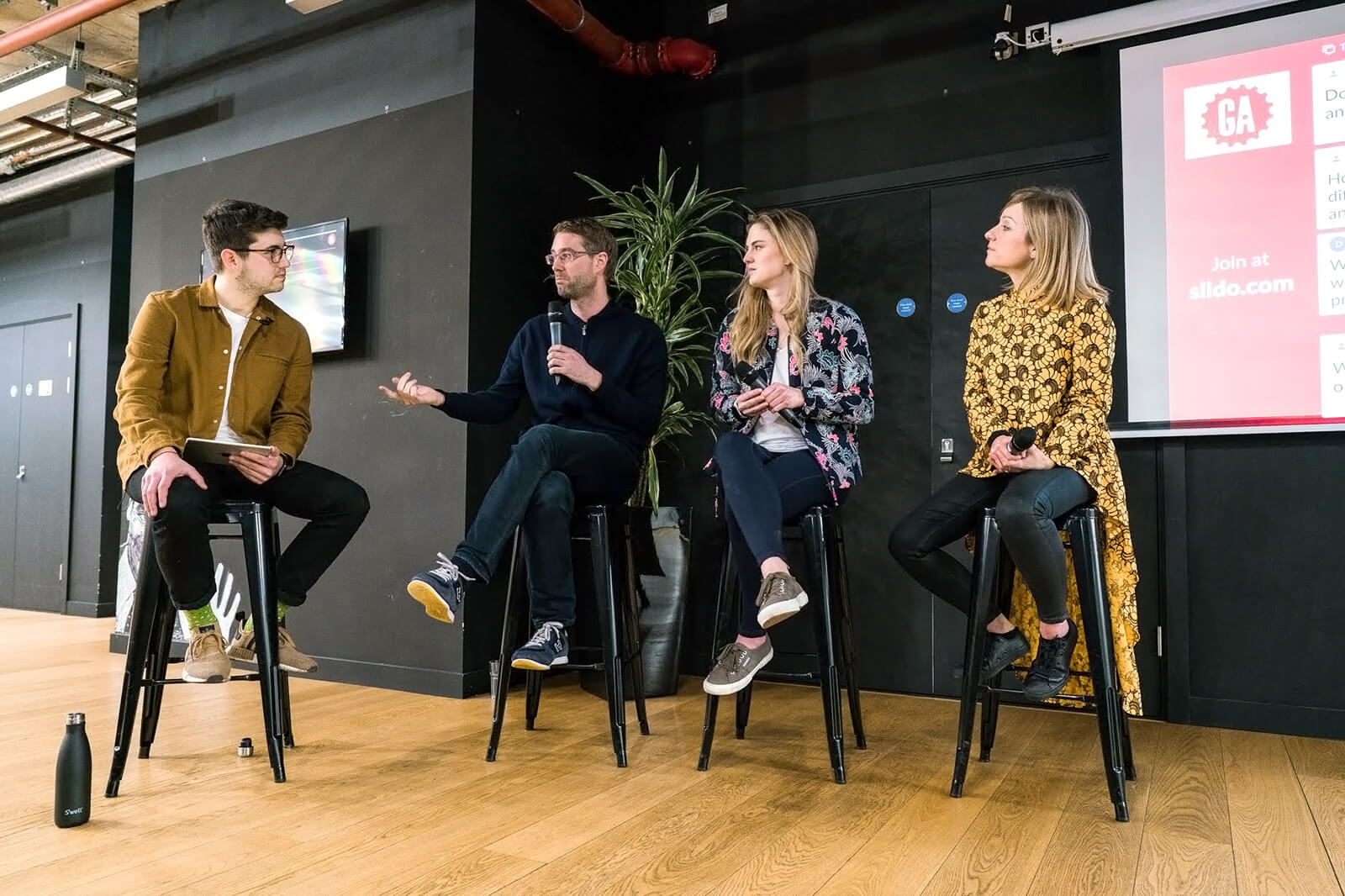
It’s a view shared by many, including Ty Griffin, Entrepreneur in Residence at the Center for Financial Services Innovation, and co-founder/CEO of Prism:
“Seattle was a fantastic location for starting our company. There is a tremendous pool of talent here, and the cost of living is reasonable (at least relative to many startup hubs).
We also have an excellent angel community up here, with many engaged and experienced investors ready to step in and help launch a business. Our only real weakness is that we have a small VC community. I would love to see a real ecosystem develop so that more companies that are raising these larger venture rounds could do so locally.”
…But Maybe That’s a Strength, Too
Aaron Suzuki, CEO of SmartDeploy, offers a different take on that same situation, the limited amount of VC funds available in the Seattle ecosystem:
“There are fewer local sources of capital compared to the Bay Area which I think makes Seattle startups more creative and scrappier, and my company is no exception. We incubated an IT software concept within a consulting firm I founded. Having boot-strapped the development and early market validation of the product we went out looking for funding to spinoff and scale-up the business. (Isn’t that what you’re supposed to do?) We were rejected everywhere we went.
Having exhausted our coffers and my patience we began scaling back. Revenue increased with every move we made. We fired our PR agency and revenue doubled. We laid off 90 percent of engineering and revenue doubled again. It seems that we had turned a corner just as I was about to give up. We focused 100 percent of our attention on the customer. Suddenly the business was profitable.”
Unless VCs Just Find People Who Look Like Them
Fran Dunaway, CEO, and co-founder of underwear label TomboyX, raised another VC-related concern. VCs, like Hollywood directors, might recruit from the ranks of those who remind them of themselves, a move that leaves female founders high and dry:
“We closed on our Series Seed round earlier this year and raised $1.6M and only about 10 percent of that came from Seattle investors. I attribute that to a few things. First of all, the data clearly shows that women-owned companies have a more challenging time raising money, especially if they don’t have a tech component and are in the e-commerce space. So here we were, 40+ year old lesbian women, with absolutely no experience.
Despite our 4x growth year over year, our impressive margins and exciting KPI’s – it was a hard sell. Except to the women. In fact, 90% of our current investor pool are women who got on board early, believed in us and our vision. The takeaway lesson I have from that is that, for the most part, you have to find people who look like you to write you a check. Most angel groups are primarily comprised of men or have men as gatekeepers. We should have been more selective early on, but the practice really did make our pitch that much more perfect. There are so many female angel funds springing up across the country because they recognize that we have to support each other in our endeavors. It’s awesome to see.
TomboyX is here today because of that trend (Thank you Cheryl Sandberg!) and has investors from angel groups in Kansas City, Los Angeles, Boulder and New York. Seattle doesn’t have a similar group yet, but I would hope that we can get something like that started soon.”
Seattle Has Larger Incumbents, Too
Chad Wittman, VP of Product, and co-founder of Dolly, weighed in on the need for non-startup tech companies in a startup ecosystem:
“The other part I love about building a company in Seattle is that there are a lot of big old powerful tech companies. There are many people in the ranks willing to jump onto a startup and I think they feel safe enough that they can retreat back into another big organization. It creates a safety net which can be helpful for more conservative team members looking to push themselves.”
It’s Changing Fast
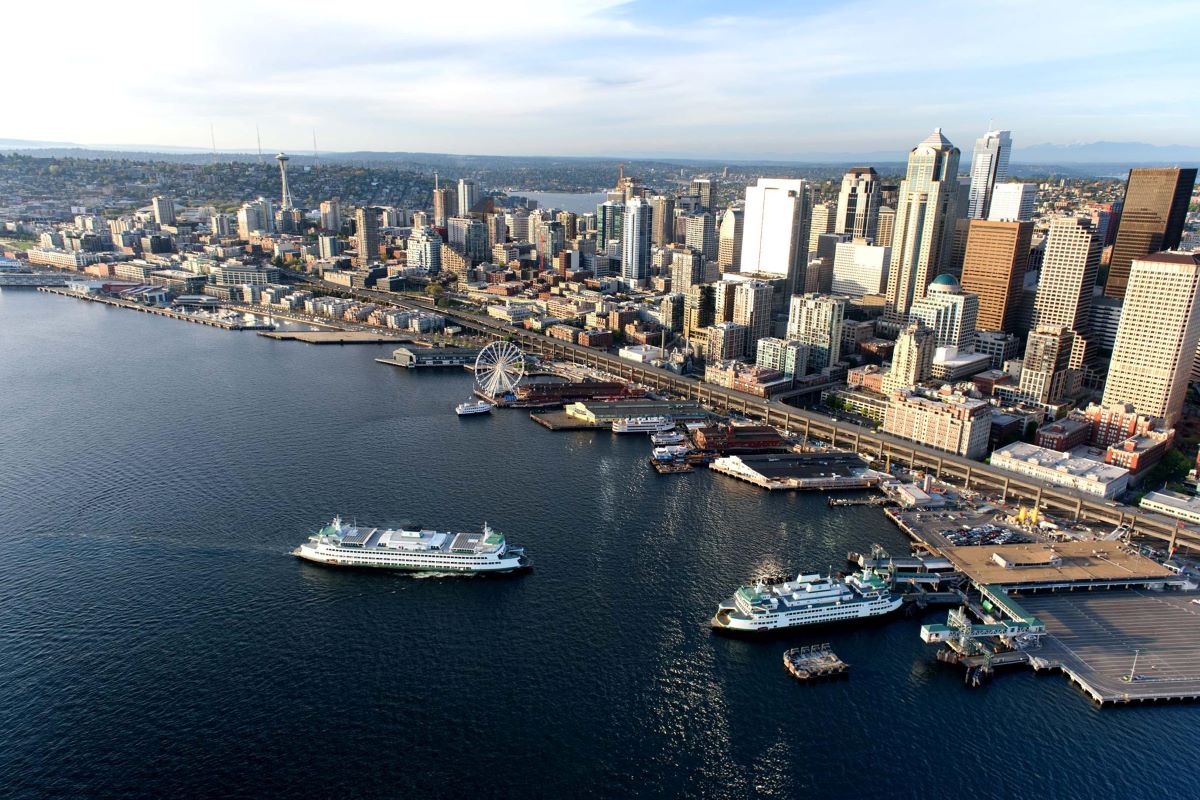
Simon Robinson, CEO at Intuitive IP, knows what he’s talking about: He’s been a partner and collaborator to three Seattle-based startups. In addition to nailing the collaborative benefit and the low funding disadvantage, Simon had this to say on the future of Seattle as a startup hub:
“There is a huge influx of talent coming into the city so I think the desire to innovate and begin the projects will grow, there needs to be a change in philosophy with regard to investing and also the need for companies and individuals who have had successful exits to come back and mentor with the next wave startups.”
Volt Athletics CEO and co-founder Dan Giuliani backs this up:
“Seattle boasts a workforce that is exceptionally savvy and experienced in companies of different sizes, from startups to Microsoft and Amazon. The quality of available workforce talent (engineers, marketers, business developers) is impressive, as is the demand for their skills. That might be one of the biggest changes we’ve seen since founding Volt in 2011; the number of Seattle-based professionals with quality startup experience across a variety of sectors.”
It’s Still the Wild West
Perhaps Dave Hebert, SVP Product at Bellevue-based AI startup Dimensional Mechanics, best sums up Seattle’s allure:
“Seattle’s startup and investment environment really are still a bit like the Wild West. We are not held to a traditional, cookie-cutter approach. Entrepreneurs are free to follow their own path in terms of talent, investment, and development strategy. We’ve loved the freedom – and it’s been successful. Co-founders of a startup could not ask for a better combination of circumstances and resources.”
The Bottom Line
Seattle’s startup scenes have been thriving for a long time, everything from coffee to information technology to defense contracting. The Pacific Northwest metropolis is currently experiencing a huge tech boom too, which has attracted a significant talent pool and an opportunity to benefit from the activity of business giants like Amazon and Microsoft.
This boom can have a negative effect as well. Competition with these giants can be rough, real estate costs are high, and jockeying for capital can be extra-competitive. However, as more independent businesses crop up, resources for those startups are increasing too, and a strong business climate persists in Seattle (unemployment rates are low and taxes are relatively business-friendly).


